
Clique aqui para Português
In 2024, seven men and two women are running for mayor of Rio de Janeiro from nine of Brazil’s several dozen political parties. Only one male candidate self-identifies as Black, reflecting a decrease in representation compared to the 2020 election, both in terms of female and Black participation. In 2020, 43% of candidates were women and 29% were Black, whereas in 2024, 22% are women and 11% are Black. This despite the latest IBGE national census identifying 54% of Rio de Janeiro’s population as female and 54% is Black. Rio de Janeiro has the second largest Black population in Brazil, where Black women make up the largest single demographic group. The city of Rio has a population of 6,211,423, with 5,009,373 registered voters. In addition to electing the mayor, voters will also choose representatives for City Council. The first round of voting will take place on Sunday, October 6, and if necessary, a second round will be held on October 27.
Read the mini-bio and a brief summary of each mayoral candidate’s policy proposals, organized by rank order, according to a recent DataFolha poll:
Eduardo Paes (PSD)
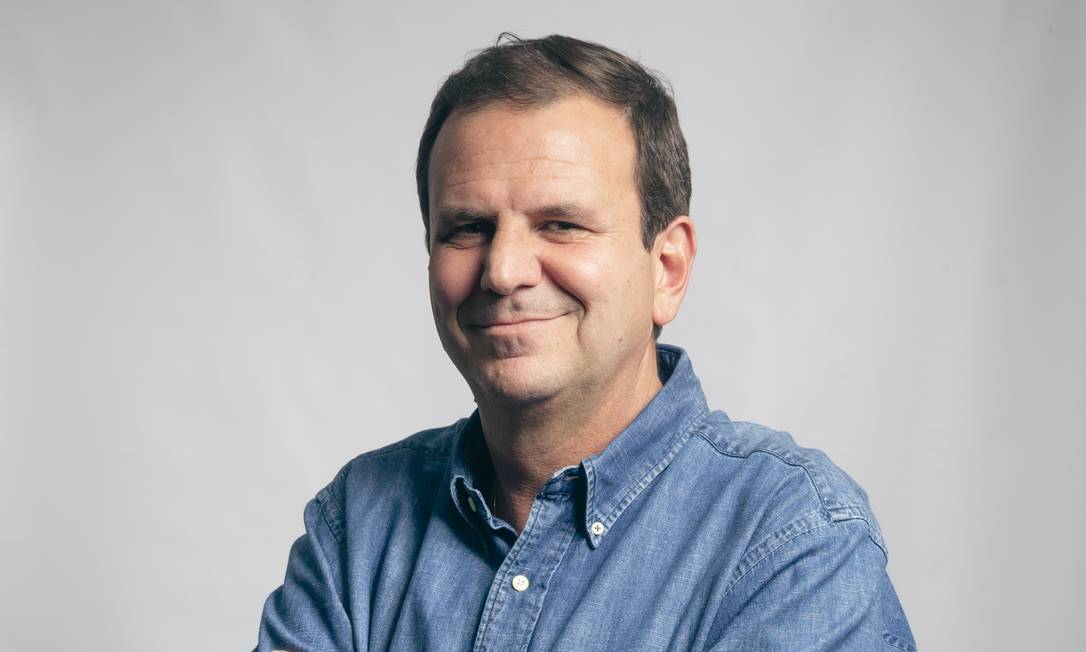
Candidate Number: 55 – Campaign “The work continues. Rio moves forward.”
Eduardo Paes, 54, is the current mayor of Rio de Janeiro and is running for reelection for a fourth term. Born and raised in the city’s South Zone, he graduated with a law degree from the Pontifical Catholic University of Rio de Janeiro (PUC-Rio). At 23, he was appointed sub-mayor of the West Zone I region (covering Barra da Tijuca, Recreio dos Bandeirantes, and Jacarepaguá) during mayor César Maia’s first term. In 2024, his campaign focus is on infrastructure and transportation projects. He promises to expand the BRT Seguro (Safe BRT) program, with increased patrolling at bus stations, and to revitalize and expand the Bus Rapid Transit fleet. He also pledges to improve healthcare access and raise the quality of public education by creating new integrated learning centers.
With regard to favelas and working-class communities, Paes highlights three initiatives for his fourth term: expanding the coverage of the Morar Carioca and Bairro Maravilha programs throughout the city; implementing improvements in 20,000 homes identified by the Casa Carioca program, for families in socially vulnerable situations; and launching the HUB Favela Empreendedora program, which aims to boost entrepreneurism in Rio’s favelas. Eduardo Paes is still remembered by many as the “mayor of evictions,” in reference to the 80,000 forced evictions carried out in preparation for the 2014 World Cup and the 2016 Olympics during his first two administrations. In addition to the Social Democratic Party (PSD), the political parties supporting Paes are: Agir, Avante, Christian Democracy, PCdoB, PDT, Podemos, PRD, PSB, PT, PV, and Solidarity.
Alexandre Ramagem (PL)
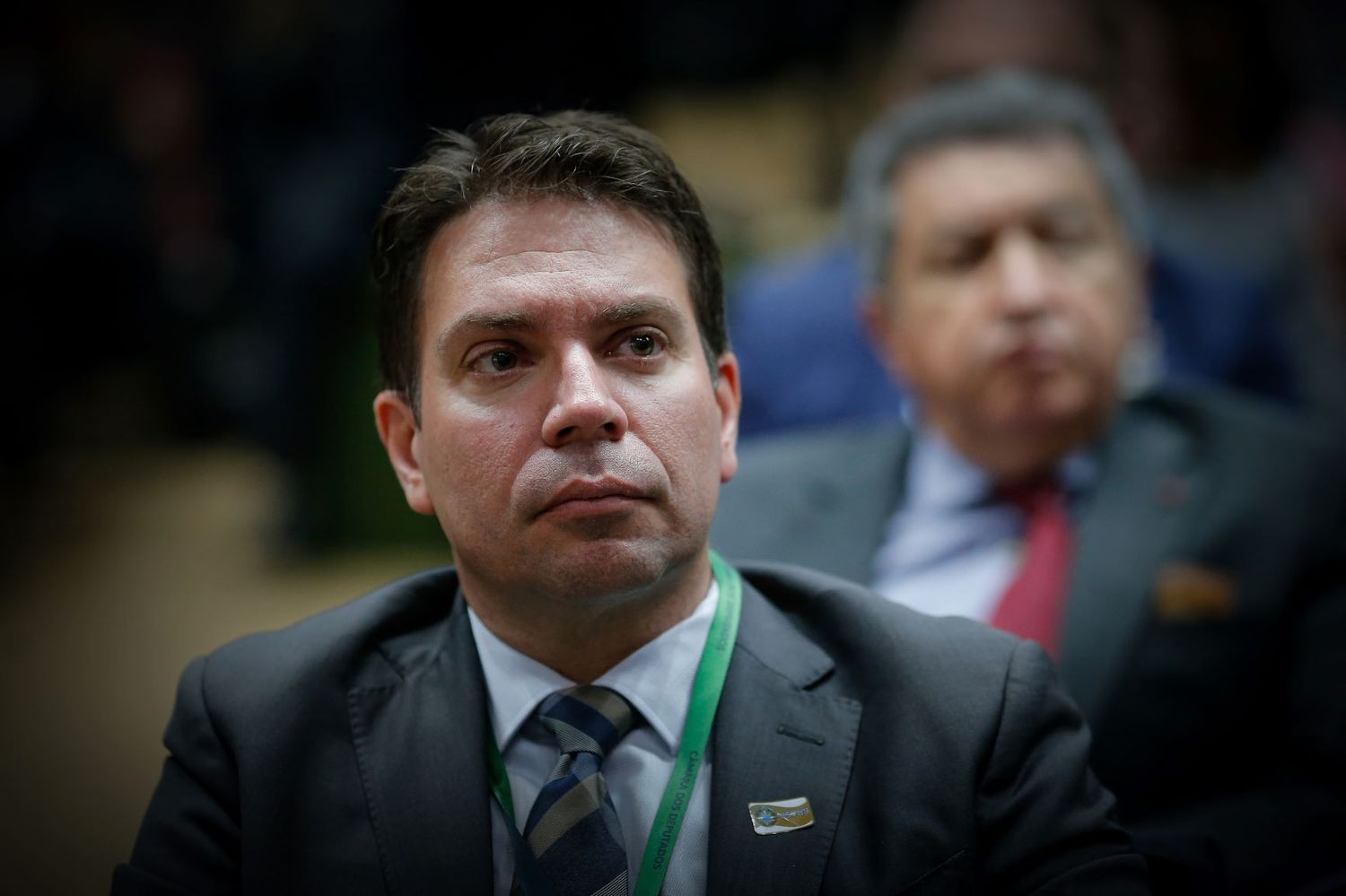
Candidate Number: 22 – Campaign “Courage to Change” — Candidate campaign page not found.
Alexandre Ramagem Rodrigues (PL), 52, also has a law degree from PUC-Rio, and is a former chief of the Federal Police (PF), a position he held until 2019. In 2018, Ramagem was appointed to lead Jair Bolsonaro’s personal security team. He was the general director of the Brazilian Intelligence Agency (ABIN) during the Bolsonaro administration and is currently a federal deputy representing Rio de Janeiro. Ramagem lives in a housing complex in Barra da Tijuca, in Rio’s West Zone. His residence was targeted by search and seizure warrants issued by Judge Alexandre de Moraes, of the Supreme Court (STF), in January of this year, as part of an investigation into the illegal surveillance of opponents and authorities during the time he served as director of ABIN.
Alexandre Ramagem, an ally of former president Jair Bolsonaro, is proposing an administration focused on public safety, with zero tolerance policies for crime. His ideas include using smart cameras to monitor vehicles and individuals in real time, allowing the Municipal Guard to carry firearms, and implementing (unspecified) initiatives to prevent disasters and improve the city’s housing conditions. Ramagem also claims to be committed to land tenure and titling programs, proposing the relocation of residents from vulnerable areas to new housing. In addition to the Liberal Party (PL), Ramagem’s candidacy is supported by the MDB and the Republicans.
Tarcísio Motta (PSOL)
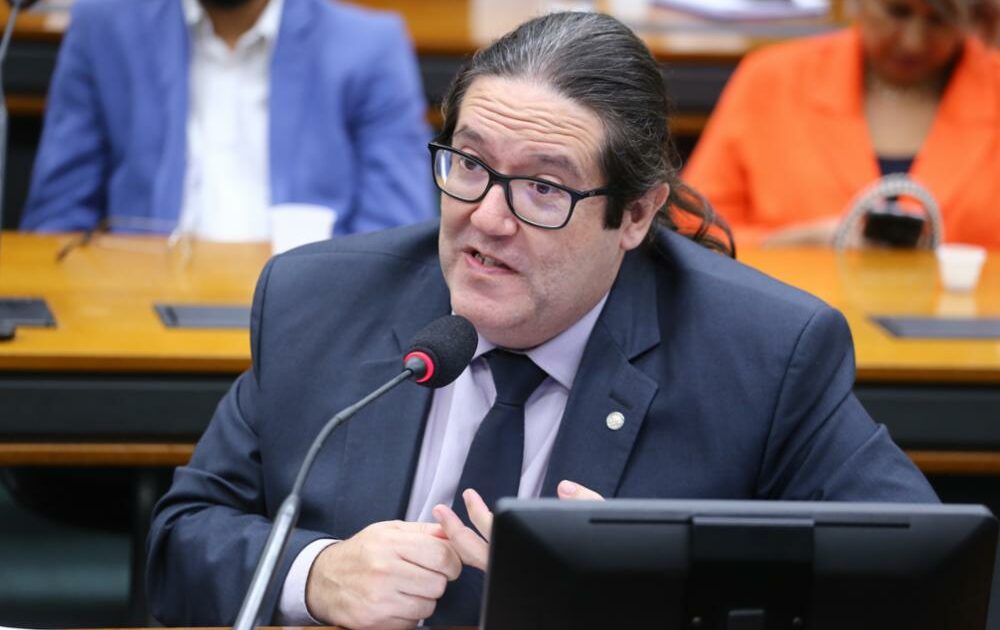
Candidate Number: 50 – Campaign “Rio deserves more”
Tarcísio Motta, 49, is a history professor from Petrópolis, a city in Rio de Janeiro’s mountainous region. He taught public school at Colégio Pedro II and served as director of the Duque de Caxias branch of the State Union of Education Professionals (Sepe) in Greater Rio‘s Baixada Fluminense region, later becoming the union’s state director from 2006 to 2012. He currently serves as federal deputy for Rio de Janeiro. Before that, he was a two-term city councilmember in Rio de Janeiro for the Socialism and Liberty Party (PSOL), being the most voted councilmember in 2020. He participated in the Parliamentary Commission of Inquiry (CPI) on Buses, where he criticized the government’s and other councilmembers’ lack of commitment to investigating irregularities in the system. He also presided over the CPI on Flooding, denouncing the municipal administration’s insufficient investment in flood prevention. Tarcísio Motta’s running mate for deputy mayor will be Renata Souza, an Afro-Brazilian state deputy originally from the Maré favelas, currently serving her second term.
As an opponent of the current administration, Tarcísio Motta centers his proposals on social inclusion and fighting inequality. He advocates for urban mobility policies that prioritize the accessibility and quality of public transportation, such as zero fare on Fridays, Saturdays, and Sundays to promote right to the city and leisure. He proposes programs to improve housing conditions in favelas, including increasing the amount of social rent from R$400 (US$73) to R$900 (US$165). The candidate also proposes the construction of 50,000 homes, 25,000 of which would be affordable homes in the Port Region, along with expanding conditional cash transfer programs such as Bolsa Família and implementing solidarity kitchens. He further supports dismantling black markets for weapons, land, and urban services. One of his key proposals is protection against floods, which directly affects residents of peripheral areas and favelas. As a federal deputy, he filed a Proposed Constitutional Amendment (PEC) to create a Unified Socio-Environmental Prevention System. His other proposals include increased investment in public health and education, with a focus on expanding full-time schools and daycare, creating 27 new government-run popular restaurants, and restructuring the Municipal Guard’s shifts. In addition to PSOL, Motta’s coalition is supported by the PCB and REDE.
Cyro Garcia (PSTU)
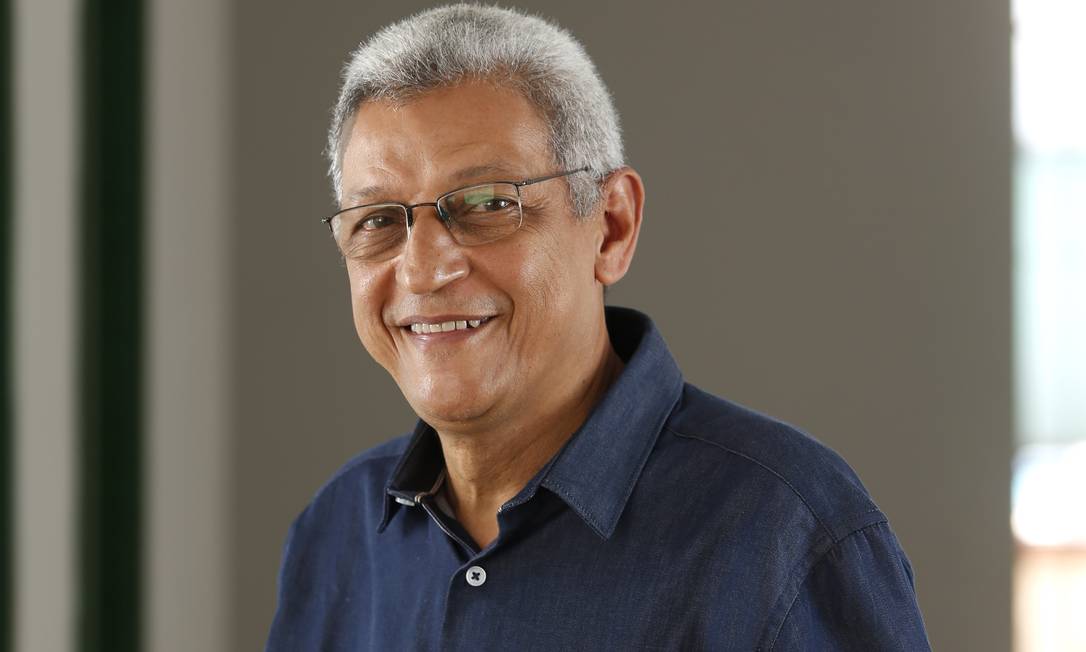
Candidate Number: 16 – Campaign “Against the bourgeois, vote 16!” — Candidate campaign page not found.
Cyro Garcia is a veteran political activist and a member of the Unified Socialist Workers’ Party (PSTU). Born in Manhumirim, Minas Gerais, he is 69 years old, holds a degree in History, and is a former bank employee. He is known for his long history of fighting for workers’ rights and against social injustice. Garcia served as a federal deputy from 1992 to 2000 and is one of the leading figures in the PSTU in the state of Rio de Janeiro. He has run for office several times, always with a platform centered on socialism and the defense of the working class.
In his campaign, Cyro Garcia advocates for a series of proposals aimed at radically transforming society. His key proposals include refusing to pay the public debt and reallocating those resources to investments in health, education, and housing. He supports the fight to end police operations in favelas, the inclusion of environmental education in the municipal school curriculum, and a housing plan focused primarily on residents of favelas and peripheral areas, with the construction of affordable housing, land tenure, and the implementation of public facilities and services.
Rodrigo Amorim (União Brasil)
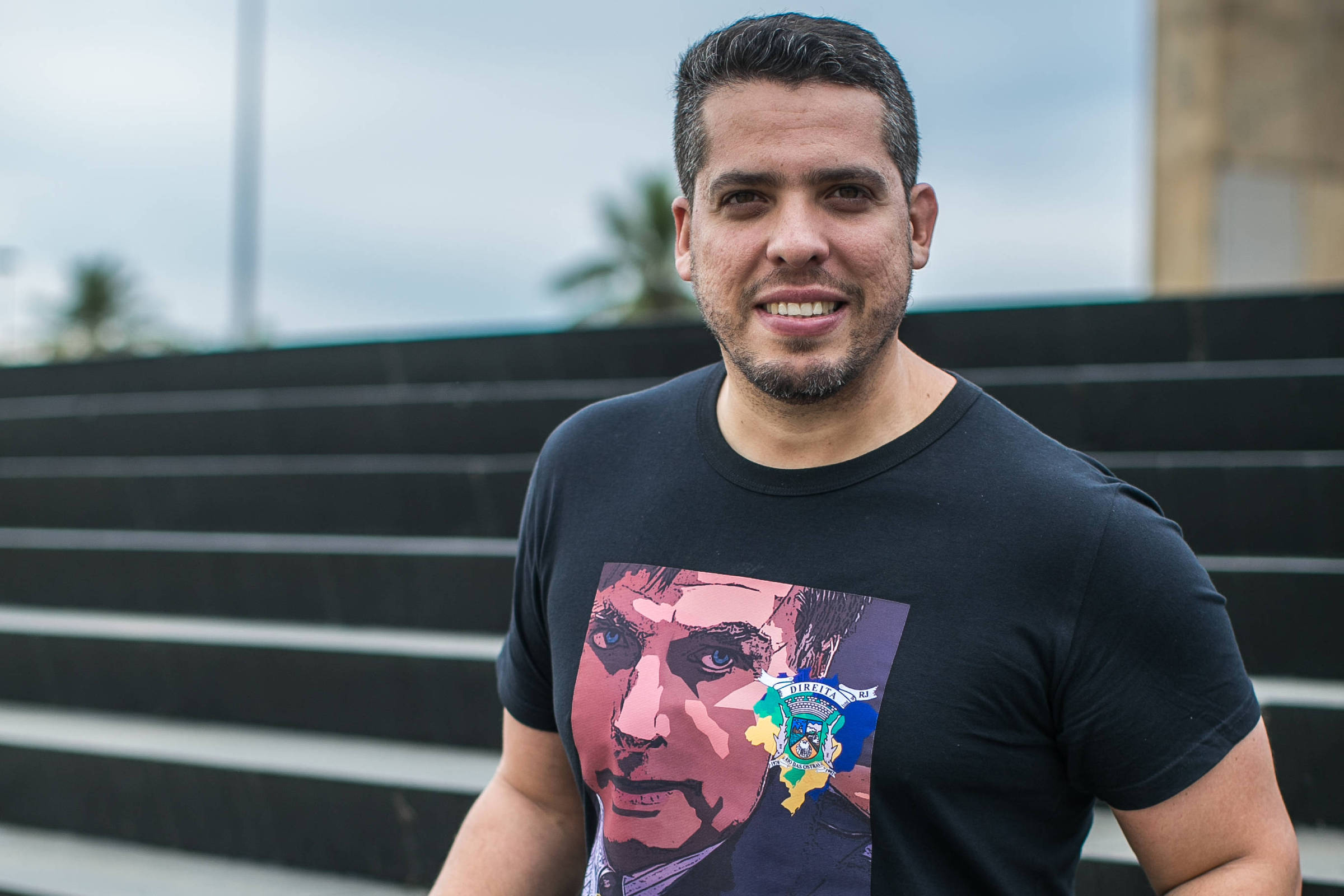
Candidate Number: 44 – Campaign “Strength to change”
Rodrigo Amorim, 46, hailing from Tijuca in the city’s North Zone, is a lawyer and state deputy for Rio de Janeiro. Affiliated with União Brasil, he rose to prominence as the most voted deputy in the state during the 2018 elections. Known for his conservative stance, Amorim is a proponent of law and order agendas. In 2018, he became notorious for smashing a plaque in honor of Councilmember Marielle Franco alongside the now-imprisoned former deputy Daniel Silveira and impeached former governor Wilson Witzel. It is important to recall that Marielle Franco—a sociologist, parliamentarian, human rights activist, mother, Black woman, and native of Complexo da Maré—had been the victim of political femicide only seven months prior to this regrettable episode of disrespect. According to investigations by the Federal Police (PF), her assassination was orchestrated by individuals within the State due to her work advocating for housing rights. The murderers include Domingos Brazão, a member of the Rio de Janeiro Court of Auditors (TCE-RJ), identified as the mastermind behind the political femicide; Chiquinho Brazão, a federal deputy from the same party as Rodrigo Amorim and Domingos’ brother, accused of financing the murder; Rivaldo Barbosa, Rio de Janeiro’s former Chief of Civil Police, who allegedly helped plan the assassination and obstructed investigations; as well as military police officers Ronnie Lessa and Élcio Queiroz, who are accused of being the executors of Marielle and Anderson Gomes.
Rodrigo Amorim’s connection to police incidents doesn’t end there. At the beginning of 2023, it came to light that an official car from the Rio de Janeiro State Legislative Assembly (ALERJ), assigned to Amorim, was used criminally in coup-related acts. Additionally, in August 2022, the Regional Electoral Court of Rio de Janeiro (TRE-RJ) accepted a complaint from the Electoral Public Prosecutor’s Office, making Amorim a defendant on charges of transphobia. In May 2024, Rodrigo Amorim was convicted of political gender violence against Councilmember Benny Briolly, Niterói’s first trans parliamentarian. The mayoral candidate has stated he will appeal. Due to the transphobia conviction, his candidacy was initially rejected; however, the sentence was overturned after an appeal argued that his ineligibility should only be enforced after the appeals process was concluded, a request that was granted by TRE-RJ. Back on the campaign trail, Rodrigo Amorim has defended controversial public security proposals, such as expanding access to firearms for citizens and the Municipal Guard, as well as reforming the prison system. However, it is important to note that none of these fall under the mayor’s jurisdiction: gun control is regulated at the national level, arming the Municipal Guard is a decision for the city council, and the prison system is the responsibility of the state government. In addition to União Brasil, the National Mobilization party also supports Amorim’s candidacy.
Juliete Pantoja (UP)
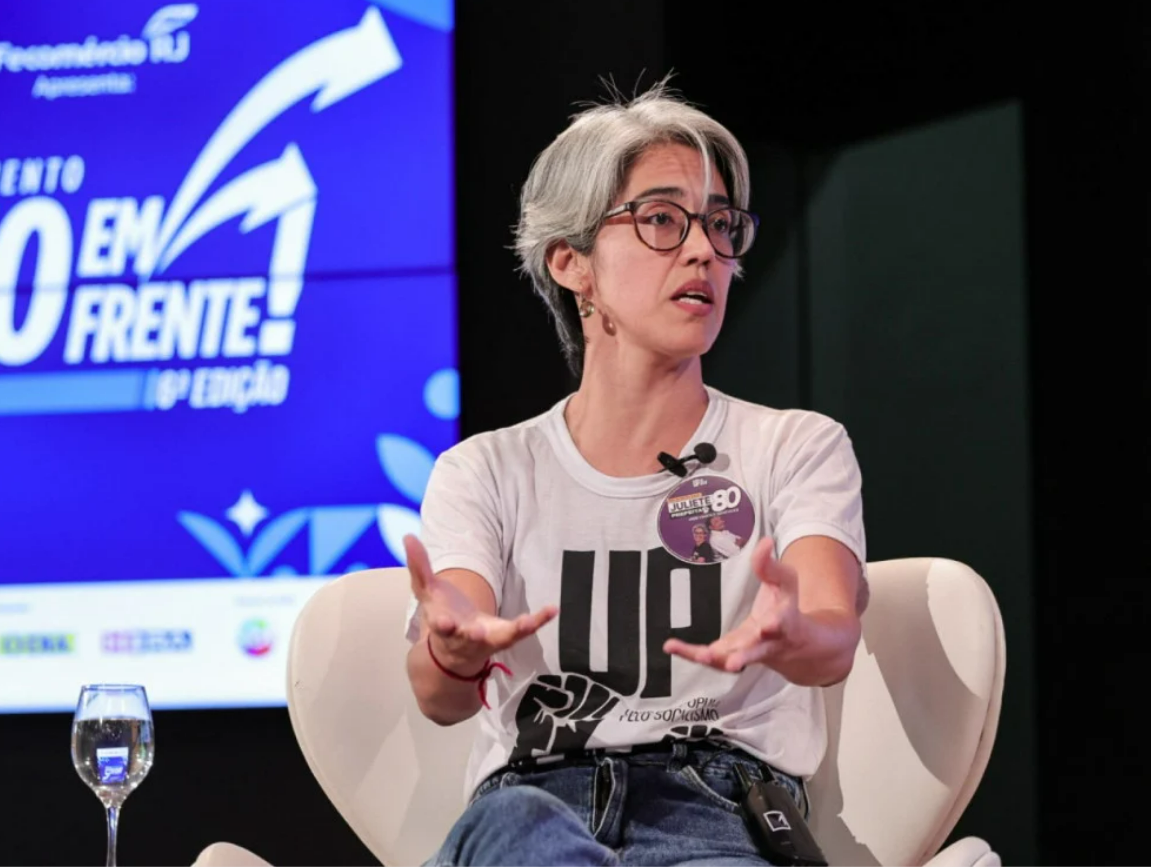
Candidate Number: 80 — Candidate campaign page not found.
Juliete Pantoja, 34, was born in Duque de Caxias, a municipality in Greater Rio de Janeiro’s Baixada Fluminense region. A social activist and educator, she gained notoriety for her work in grassroots movements, especially the Movement for the Fight for Neighborhoods, Villages, and Favelas (MLB). Affiliated with the Popular Unity (UP) party, Pantoja has a history of activism defending minority rights and fighting against social inequality. She is running for public office for the third time, having previously run in the 2012 and 2020 elections. She is recognized for her advocacy of quality public education and access to adequate housing for all.
In her campaign, Juliete Pantoja presents proposals focused on expanding social rights and reducing inequalities. According to the candidate, her government program “is committed to the workers’ struggle.” She advocates for massive investment in education, the institutionalization of community power, participatory budgeting built through local councils, and the replacement of sub-prefectures with local councils. She is also focused on human rights and fighting racism, proposing the creation of the “Black Youth Alive” program. Among her proposals are the establishment of subsidized restaurants, community kitchens, collective laundromats, daycares, and social assistance for working women.
Marcelo Queiroz (PP)
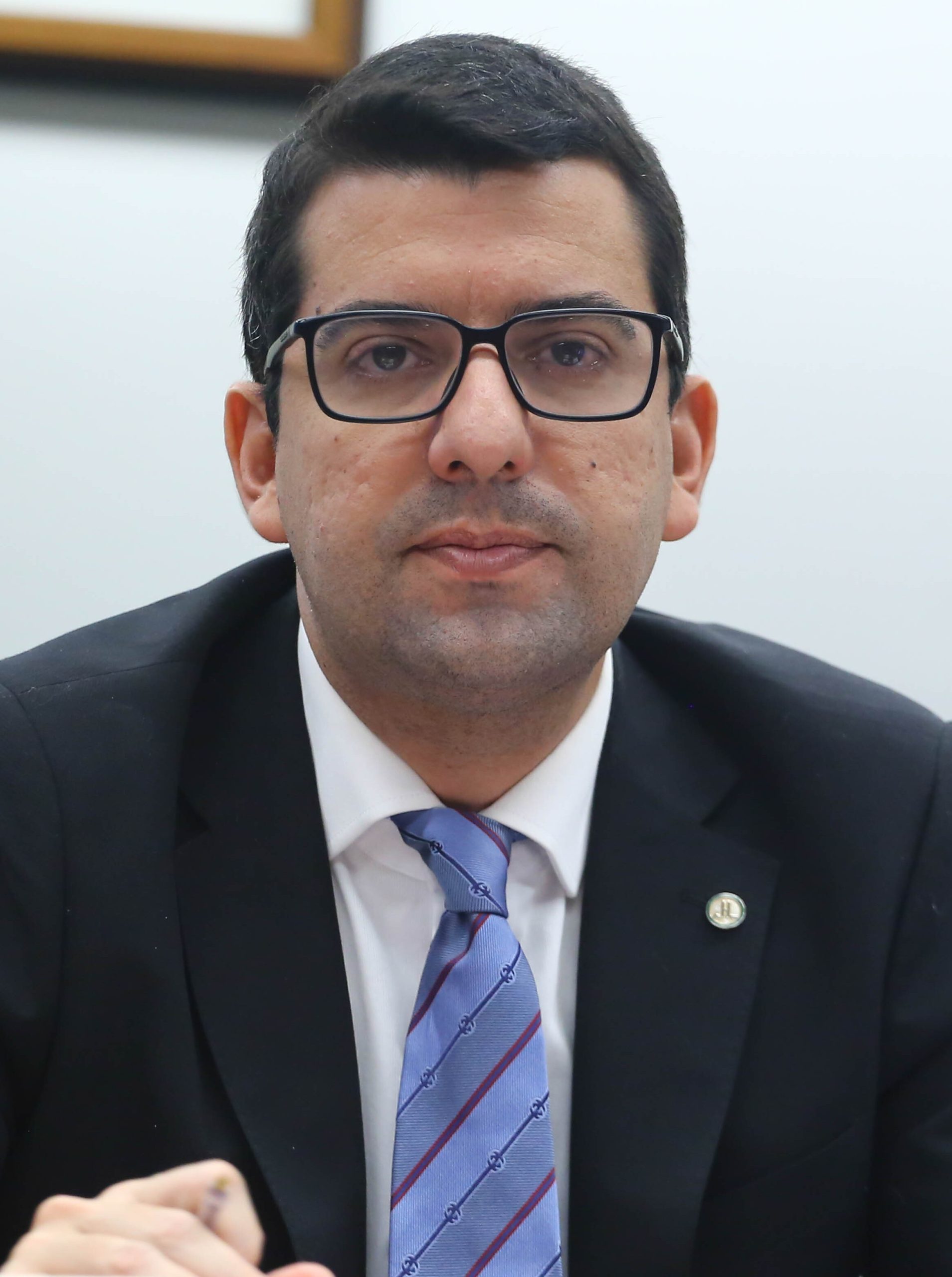
Candidate Number: 11 – Campaign “Rio has options”
Marcelo Queiroz, 39, is a lawyer affiliated with the Progressive Party (PP). He served as environment secretary under former mayor Marcelo Crivella in 2019, and later as state agriculture secretary in Wilson Witzel’s administration, where he remained until 2022. That same year, he was elected federal deputy for Rio de Janeiro. Among his achievements is the creation of RJPET, the first state public policy focused on pets, which has become the largest animal neutering program in Brazil.
Queiroz promotes himself as a candidate of the so-called third way, distancing himself from political polarization, despite having been part of the Bolsonaro government base in Congress and serving as a secretary under Crivella and Witzel. The candidate proposes investing R$100 million (~US$18.5 million) in the installation of cameras to strengthen intelligence planning in public security. He also plans to review the outsourcing of civil servants in essential sectors such as health and education. For early childhood education, he suggests securing spots in private daycares while new public facilities are currently under construction. In terms of housing, he plans to rebuild homes in areas facing housing shortages through partnerships with construction companies, using land development rights exchanges. Marcelo Queiroz is supported by PSDB and Cidadania in addition to his own party.
Carol Sponza (Novo)

Candidate Number: 30 – Campaign “Rio doesn’t need any more cunning”
Carol Sponza, 45, is a lawyer with a master’s degree in Public Policy and is affiliated with the New Party (NOVO). Although she has run for both state and federal representative, she was not elected on either occasion. Known for her liberal positions, she advocates for the free market, transparency in public management, and the strengthening of oversight institutions. In the area of urban development and housing, she proposes the use of historic buildings for social housing, Public-Private Partnerships (PPPs) for housing provision, the expansion of the Social Territories Program to Rio’s favelas, and the modernization of licensing processes with a focus on simplification and digitalization.
Henrique Simonard (PCO)

Candidate Number: 29 — Candidate campaign page not found.
Affiliated with the Workers’ Cause Party (PCO), Henrique Simonard, 26, is a political activist who advocates for the rights of the working class, in alignment with the PCO’s anti-capitalist stance. In his campaign, Simonard promotes radical proposals aimed at mobilizing the working class against the capitalist system. Among his key proposals are the nationalization of large companies and banks under workers’ control, the expropriation of large rural estates for agrarian reform, and the creation of people’s councils to manage the economy and politics. He also proposes halting the payment of public debt to redirect the budget toward social programs.
